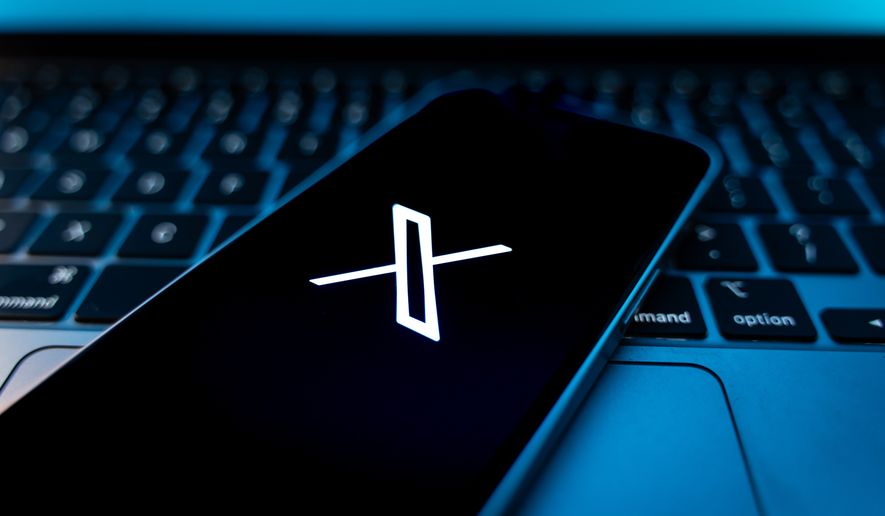X’s crowdsourced approach to correcting what it calls fake news about COVID-19 vaccines offers an “effective misinformation countermeasure,” according to a study in the Journal of the American Medical Association.
Tech billionaire Elon Musk bought the social media platform, formerly known as Twitter, in 2022. That December, it implemented “community notes,” a fact-checking system that lets independent, anonymous volunteers from across the political spectrum tag what the platform calls dubious posts with corrections.
In the study published Tuesday, researchers from the University of California, San Diego, found 657 community notes appended to vaccine-related posts during the system’s first full year starting Dec. 12, 2022.
They found that 97.5% of randomly sampled notes were “entirely accurate” in correcting misleading attacks on vaccination. An additional 2% were “partially accurate,” with 0.5% “inaccurate.”
These findings affirm the value of letting readers “learn from misinformation” through their peers rather than paid staffers censoring, muting and flagging their content, said lead researcher John Ayers, a computational epidemiologist at UC San Diego.
“The reality is we don’t know what other social media platforms are doing or what legacy Twitter was doing before Musk,” Mr. Ayers told The Washington Times. “What makes X’s program unique is its transparency.”
As the year unfolded, the study found the rate of corrections to COVID-19 vaccine posts increased from a monthly average of 22 to 186 notes.
Among the annotated posts, 189 drew 201,281,364 views, about 1 million per post.
As part of the study, a team including an infectious disease specialist and virologist evaluated their subject, accuracy and sourcing.
They found that 49% of the notes cited “high accuracy” sources, including the Food and Drug Administration website. An additional 44% cited “moderate credibility” sources — like Associated Press articles — and 7% cited “low credibility” sources such as celebrity news blogs.
More than half the notes targeted claims about vaccine side effects. The next most popular topics, in descending order, were conspiracies, government vaccine recommendations and the effectiveness of the shots.
For example, one X user wrote in a Dec. 17, 2022, post that garnered 18.4 million views: “So the FDA finally came out and admitted that Pfizer’s shot for Covid causes blood clots? Only 2 y late!”
In response, an anonymous user shared a link to a National Library of Medicine article with this note: “A recent published literature review on vaccines and blood clots did not find strong evidence to support this claim. However, it did find that ‘occurrence of blood clots in COVID-19 is up to 10 times more common than from the vaccines’ injection.’”
Meanwhile, X is in the thick of political debate.
In January, Democrats accused Mr. Musk of spreading election “misinformation.” This month, a Brazilian Supreme Court justice named him as a target in a probe into the spread of fake news.
Conservatives praise Mr. Musk for lifting the previous Twitter regime’s ban on former President Donald Trump and fellow voices on the right. They also call the left’s “misinformation” tag simply a way to censor users on social media and other platforms.
On Wednesday, X didn’t respond to an email seeking comment.
The JAMA study didn’t examine community notes on election posts.
Katy Talento, an epidemiologist who served as Mr. Trump’s top health adviser at the White House Domestic Policy Council before the pandemic, called the study’s findings “obvious.”
“Lo and behold, more speech rather than less speech is what furthers the debate on important policy and scientific questions,” she told The Times.
Mr. Ayers said community notes may work better at correcting the “obvious misinformation” in medical posts, rather than more debatable political posts.
He said X could still improve the notes with “more data sharing” and more primary sources.
“Other social media platforms need to take a page from X’s book,” Mr. Ayers said. “That way, scientists can investigate it, trust what’s going on and copy the methods that work.”
For more information, visit The Washington Times COVID-19 resource page.
• Sean Salai can be reached at ssalai@washingtontimes.com.




Please read our comment policy before commenting.